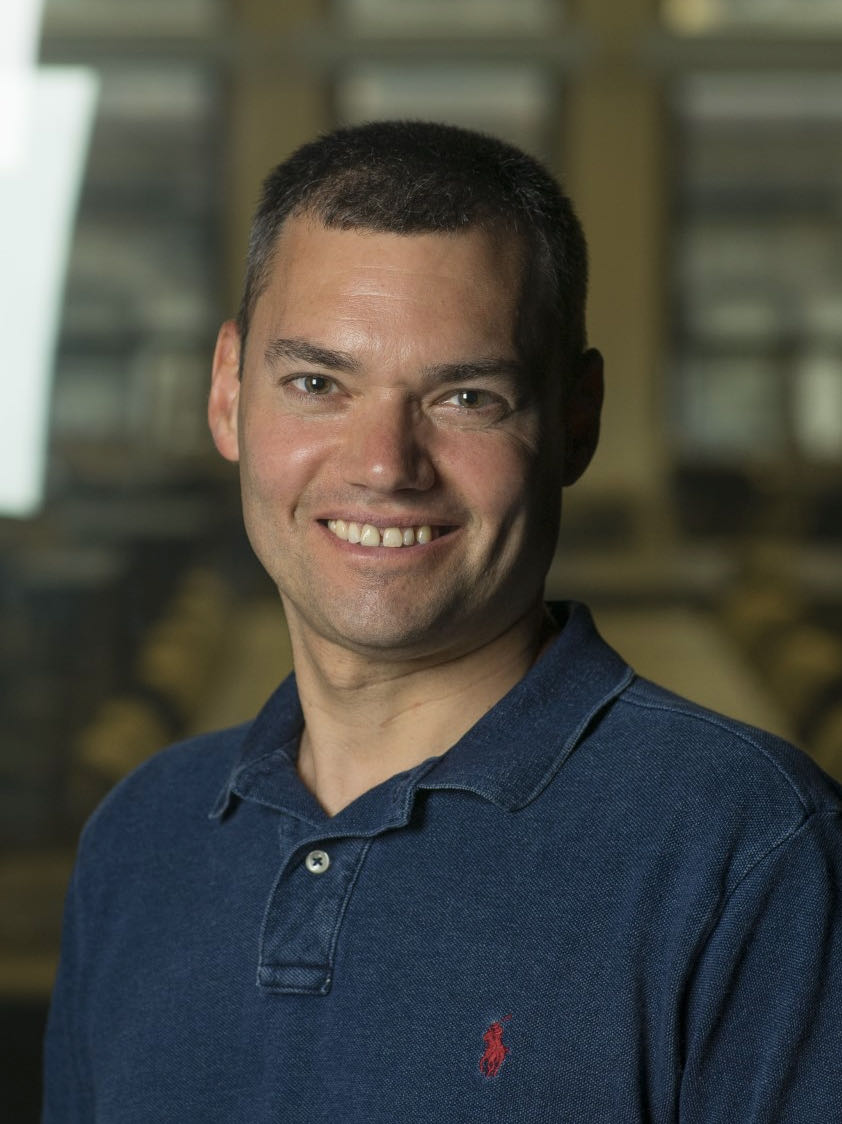On January 27, 2021, we published “What the Lincoln Project Gets Wrong About Israel-Palestine,” Peter Beinart’s rebuke to the founders of the anti-Trump political action committee who are now advising the principal rival to Prime Minister Benjamin Netanyahu in Israel’s March general election.
In the US, these “Never Trump” Republicans style themselves as defenders of democracy and the rule of law, but Beinart shows how their work for Gideon Saar, formerly a Likud colleague of Netanyahu’s, does anything but serve those values. Instead, he compares the two Israeli politicians with “a respectable Dixiecrat, in a Southern state where most Blacks could not vote, running against a flamboyant Dixiecrat whose hand was in the government till.” (Netanyahu is competing for re-election while under indictment on multiple corruption charges.)
Educated at Yale and Oxford, where he was a Rhodes scholar, Beinart was a wunderkind of American journalism—joining The New Republic as its managing editor when he was just twenty-four and becoming the magazine’s editor just five years later. Given his subsequent evolution, I wondered how he fit in with the magazine’s famously robust pro-Israel stance under the owner-editorship of Marty Peretz.
“I was a bit to the left of some of my colleagues on Israel but not dramatically so,” he told me via email this week. “Because other folks were focused on it, I wrote about other things. I was also internally conflicted, which is another reason I avoided the subject in my writing.”
That internal conflict was perhaps a hidden driver of the piece Beinart wrote for the Review in 2010 that made me a devout follower of his work, “The Failure of the American Jewish Establishment,” which brilliantly analyzed a generational and cultural-political split among Jewish Americans over attitudes to Israel. That and subsequent articles he wrote also opened my eyes to the way Israel’s rightward drift, beginning perhaps with the assassination of Yitzhak Rabin in 1995 but accelerating from the turn of the century, had contributed to this rift in American Jewry—a breach that was personal for Beinart.
“It [that article] was something of a turning point,” he said. “It created friction with some people close to me, and closed certain doors, which was painful. But it also created new relationships, which have been among the most meaningful of my life.”
Among those new relationships were ones he’d already formed with Palestinians in the West Bank, connections, he says, that have most altered his views of that conflict—though, he added, “The Iraq War also forced me to completely rethink my views of American Middle East policy in general.” But he finds a way to keep religion and politics separate for himself—attending Orthodox services, keeping kosher, and so on: “When I go to shul, I’m looking for something different, and I’m grateful that I have a community where I can forge deep relationships with people who don’t always share my politics but who share my deep joy and fascination in the practice of Judaism.”
Although Beinart was raised in Massachusetts, his parents were South African émigrés, so I was interested in his take on whether “apartheid” was a useful or relevant description of Israel’s dominion over all the territory west of the Jordan. Back in 2014, then-Secretary of State John Kerry caused a diplomatic storm when he used the word, but as the de facto one-state reality has solidified, it has become common parlance—just this month, the Israeli human rights organization B’Tselem issued a report that flatly declared “This is apartheid.”
“Every situation is different, but when you have a legal system that explicitly treats people differently based on inherited characteristics like race, ethnicity, or religion, the forms of injustice rhyme,” Beinart said. “The most powerful legacy for me of spending a lot of my childhood in apartheid South Africa was seeing how easy it is for good people—including Jews who have our own history of oppression—to rationalize systems that are profoundly unjust.”
Beinart certainly keeps busy with his own work of counterprogramming, and one of those commitments is to the remarkably revivified leftwing journal Jewish Currents, for which he is an editor-at-large and which he calls “a genuine, organic creation of younger American Jews.” He explained further: “They’re trying to do journalism that offers a cultural and political challenge to an American Jewish establishment that is corrupted both by its defense of injustice in Israel-Palestine and America’s savage income inequality.”
His own most recent venture has been to join the throng of brand-name writers who’ve launched their own newsletters. For Beinart, it’s a chance to write in a “more personal and informal” register, he said. Because he also teaches journalism and political science at CUNY, I asked what he thought about this new media phenomenon.
Advertisement
“I don’t know what the long-term impact of Substack will be,” he responded, “but, goodness knows, any model that gives writers another way to get paid for doing good work is a good thing.” Amen to that.



